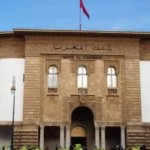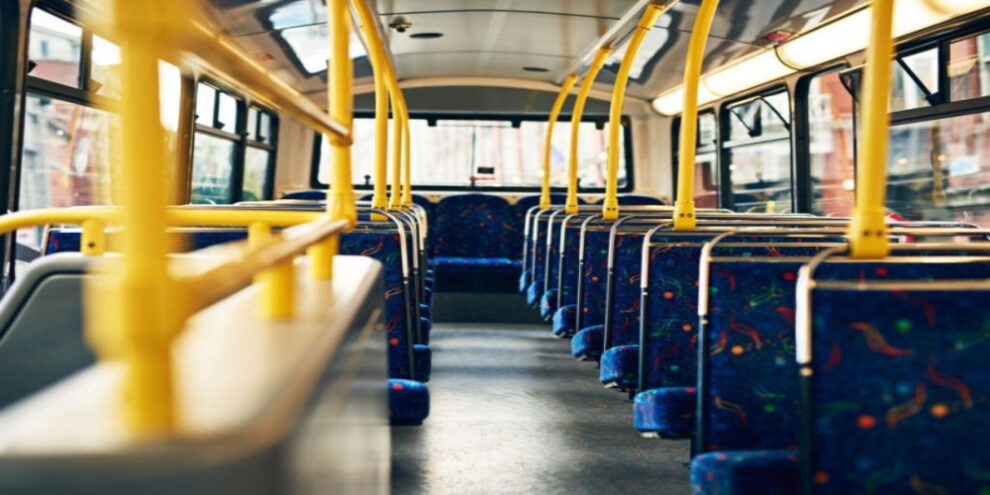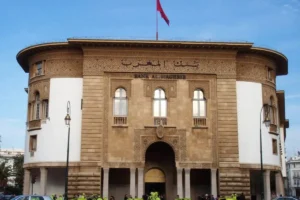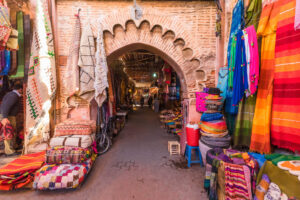The partnership seeks to strengthen cooperation between Morocco and South Korea in the field of green mobility.
Rabat – In an effort to align with Morocco’s 2050 Low-Carbon Strategy and reduce the carbon footprint of its road network, Marrakech Transport and the Korea International Cooperation Agency (KOICA) have joined forces to implement an eco-friendly electric bus network in Marrakech.
Koica and Marrakech Transport signed an agreement on May 24 that aims to provide 20 new-generation eco-responsible electric buses for a total cost of $7.5 million.
As part of the agreement, an Intelligent Transport System will be implemented at a total cost of $5.1 million to enhance transport management.
The agreement was signed by the President of the Council of the Marrakech-Safi region and President of Marrakech Transport, Samir Goudar, the First Vice President of the Marrakech City Council, Mohamed Idrissi, and the Director of the Koica office in Rabat, Yongwoo Jeong.
The partnership, which falls within the framework of strengthening cooperation between Morocco and South Korea in the field of green mobility, also aims to leverage the pioneering expertise of Korea in the field of sustainable mobility.
By introducing electric buses and an Intelligent Transport System, the collaboration aims to foster a greener and more efficient transportation network, setting an example for other regions to follow suit in the global fight against climate change.
Morocco has been making significant progress towards sustainable mobility and recently unveiled the first model of a Moroccan car brand as well as a prototype of a hydrogen-powered vehicle.
Read also: Morocco Unveils First Moroccan Car Brand, Hydrogen Vehicle Prototype
The country has ambitious plans to open 2,500 electric vehicle charging stations by 2026, with a particular focus on major cities like Tangier, Rabat, and Casablanca. This infrastructure investment aims to incentivize more consumers to adopt electric vehicles.
Morocco has also set impressive manufacturing targets to participate in the global transition to electric cars. In September 2022, Morocco’s Industry and Trade Minister Ryad Mezzour said that the country will double its production capacity over the coming two years.
Demonstrating its commitment to sustainable development and clean energy, Morocco’s Ministry of Energy Transition and Sustainable Development submitted a long-term low greenhouse gas emission strategy for 2050 to the United Nations in January 2022.
Additionally, the African Development Bank (AfDB) mobilized more than €118 million in funding to build a sustainable transportation network on the Marrakech-Agadir motorway.
“While respecting the environment, the Marrakech-Agadir motorway has considerably eased access to parts of the country and developed inclusive economic activity,” the bank explained.
Source : Morocco World News
















